The Zuckerberg-Trump Dynamic: Implications For The Tech Industry
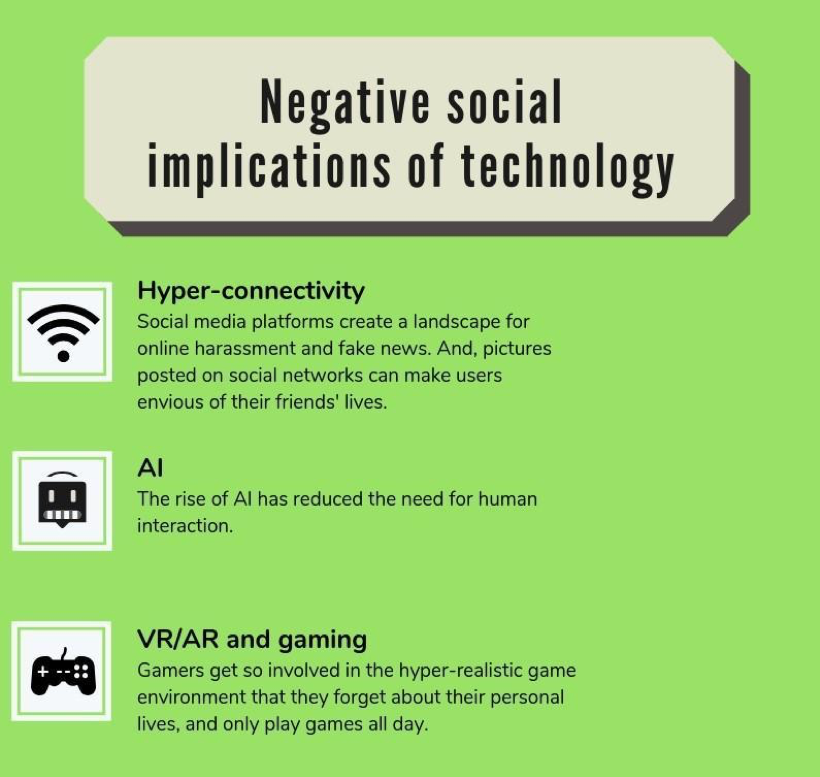
Table of Contents
The Rise of Social Media's Political Influence
The Zuckerberg-Trump dynamic highlights the unprecedented power of social media in shaping political narratives and influencing elections. This section explores the pivotal roles both figures played in this evolving landscape.
Facebook's Role in the 2016 Election
The 2016 US Presidential election exposed the vulnerabilities of social media platforms like Facebook to manipulation and misuse.
- Cambridge Analytica Scandal: The harvesting of millions of Facebook users' data by Cambridge Analytica to target political advertising highlighted serious data privacy breaches and raised concerns about the influence of micro-targeting on voter behavior. This scandal led to increased scrutiny of Facebook's data practices and its role in the election.
- Spread of Misinformation and Fake News: The ease with which false and misleading information spread rapidly across Facebook's network significantly impacted public opinion and the integrity of the electoral process. The platform's algorithms, designed to maximize engagement, inadvertently amplified the spread of propaganda and conspiracy theories.
- Targeted Advertising Controversies: The use of sophisticated targeted advertising techniques allowed political campaigns to micro-target specific demographics with tailored messages, raising questions about the transparency and ethical implications of this technology. Concerns arose about the potential for manipulation and the erosion of informed consent.
- Impact on Voter Behavior: Studies suggest that exposure to misinformation and targeted advertising on Facebook significantly influenced voter choices and contributed to the overall polarization of the electorate. The impact of these factors continues to be debated and researched.
Trump's Use of Social Media
Donald Trump's masterful use of social media, particularly Twitter, redefined political communication.
- Direct Communication with Supporters: Trump bypassed traditional media outlets, communicating directly with his supporters through tweets, posts, and live videos. This strategy fostered a direct and unfiltered connection with his base, bypassing established journalistic gatekeepers.
- Bypassing Traditional Media: His frequent use of social media allowed him to control the narrative and respond directly to criticism, undermining the authority of traditional media sources. This approach drastically altered the dynamics of political reporting and public discourse.
- Impact on Political Polarization: Trump's provocative and often divisive language on social media intensified political polarization and contributed to the growing divide within American society. The constant stream of controversial statements fueled intense debate and partisan conflict.
- Use of Social Media for Rallies and Campaigning: Social media played a critical role in organizing rallies and coordinating campaign efforts. The ability to reach large audiences instantly proved invaluable in mobilizing support and generating enthusiasm.
The Regulatory Backlash and its Impact
The Zuckerberg-Trump dynamic ignited a global regulatory backlash against tech companies, focusing on data privacy, content moderation, and antitrust concerns.
Increased Scrutiny of Tech Companies
The events of 2016 and beyond triggered a wave of regulatory actions targeting tech giants like Facebook.
- Increased Government Regulation: Governments worldwide began enacting new regulations to address issues of data privacy, misinformation, and market dominance. This included increased antitrust investigations and legislative efforts to curb the power of Big Tech.
- Antitrust Investigations: Multiple jurisdictions launched antitrust investigations into Facebook and other tech companies, examining allegations of anti-competitive practices and monopolistic behavior. These investigations resulted in fines and potential structural changes.
- Data Privacy Laws (GDPR, CCPA): The introduction of the General Data Protection Regulation (GDPR) in Europe and the California Consumer Privacy Act (CCPA) in the US marked significant strides towards protecting user data and enhancing consumer rights.
- Calls for Greater Transparency and Accountability: There have been persistent calls for increased transparency and accountability from tech companies regarding their algorithms, data collection practices, and content moderation policies.
The Debate Over Content Moderation
The challenge of content moderation on social media platforms remains a fiercely debated topic.
- Balancing Free Speech with the Need to Combat Misinformation: Tech companies face the complex task of balancing the principles of free speech with the need to combat the spread of misinformation, hate speech, and harmful content. This balancing act is fraught with ethical dilemmas and practical challenges.
- Challenges in Content Moderation: The sheer volume of content generated daily makes effective content moderation incredibly challenging. Algorithms are far from perfect, and human moderators face immense pressure and ethical quandaries.
- Censorship Concerns: Critics argue that content moderation policies can lead to censorship and stifle free expression. The line between removing harmful content and suppressing legitimate viewpoints remains blurry and hotly contested.
- The Role of Algorithms: The algorithms used by social media platforms play a significant role in determining which content is seen by users and how it is amplified. The biases inherent in these algorithms can inadvertently contribute to the spread of misinformation and reinforce existing biases.
Long-Term Implications for the Tech Industry
The Zuckerberg-Trump dynamic has had, and will continue to have, profound and lasting implications for the tech industry.
Shifting Power Dynamics
The relationship between tech companies and governments is undergoing a significant shift.
- Increased Governmental Oversight: Governments are increasingly asserting their power over tech companies, demanding greater transparency, accountability, and compliance with new regulations. This marks a significant departure from the largely unregulated environment tech companies previously enjoyed.
- Changing Relationship Between Tech Companies and Governments: The power dynamic is shifting from one where tech companies exerted considerable influence to one where governments play a more assertive role in shaping the industry’s future. This change is evident in the increase in regulatory scrutiny and government interventions.
- Potential for Increased Regulation in Other Countries: The regulatory trend set by the US and Europe is likely to spread to other countries, leading to a more globally harmonized approach to regulating the tech industry. This will impact tech companies operating on a global scale.
The Future of Social Media and Political Discourse
The future of social media and its role in political discourse depends on addressing the challenges exposed by the Zuckerberg-Trump dynamic.
- The Evolution of Social Media Platforms: Social media platforms are likely to evolve to better address issues of misinformation, hate speech, and election interference. This may involve more robust content moderation systems, enhanced fact-checking capabilities, and more transparent algorithms.
- Increased Emphasis on Fact-Checking and Combating Misinformation: There is a growing emphasis on developing effective strategies to combat the spread of misinformation and promote media literacy. Fact-checking initiatives and media literacy programs are gaining prominence.
- Development of New Technologies to Address Concerns: New technologies, such as blockchain and artificial intelligence, may be used to enhance the transparency and security of social media platforms and address challenges related to data privacy and content moderation.
Conclusion
The Zuckerberg-Trump dynamic serves as a crucial case study in the evolving relationship between technology, politics, and society. The consequences of this interplay—from increased regulatory scrutiny to ongoing debates over content moderation—will continue to shape the tech industry for years to come. Understanding this complex relationship is paramount for anyone seeking to navigate the future of social media and its profound influence on political processes. To stay informed on the latest developments in the Zuckerberg-Trump dynamic and its implications for the tech industry, continue to follow reputable news sources and engage in informed discussion.

Featured Posts
-
 Cannes Film Festival 2024 Juliette Binoche Appointed Jury President
Apr 27, 2025
Cannes Film Festival 2024 Juliette Binoche Appointed Jury President
Apr 27, 2025 -
 Renewable Energy Growth Pne Group Welcomes Two New Wind Farms
Apr 27, 2025
Renewable Energy Growth Pne Group Welcomes Two New Wind Farms
Apr 27, 2025 -
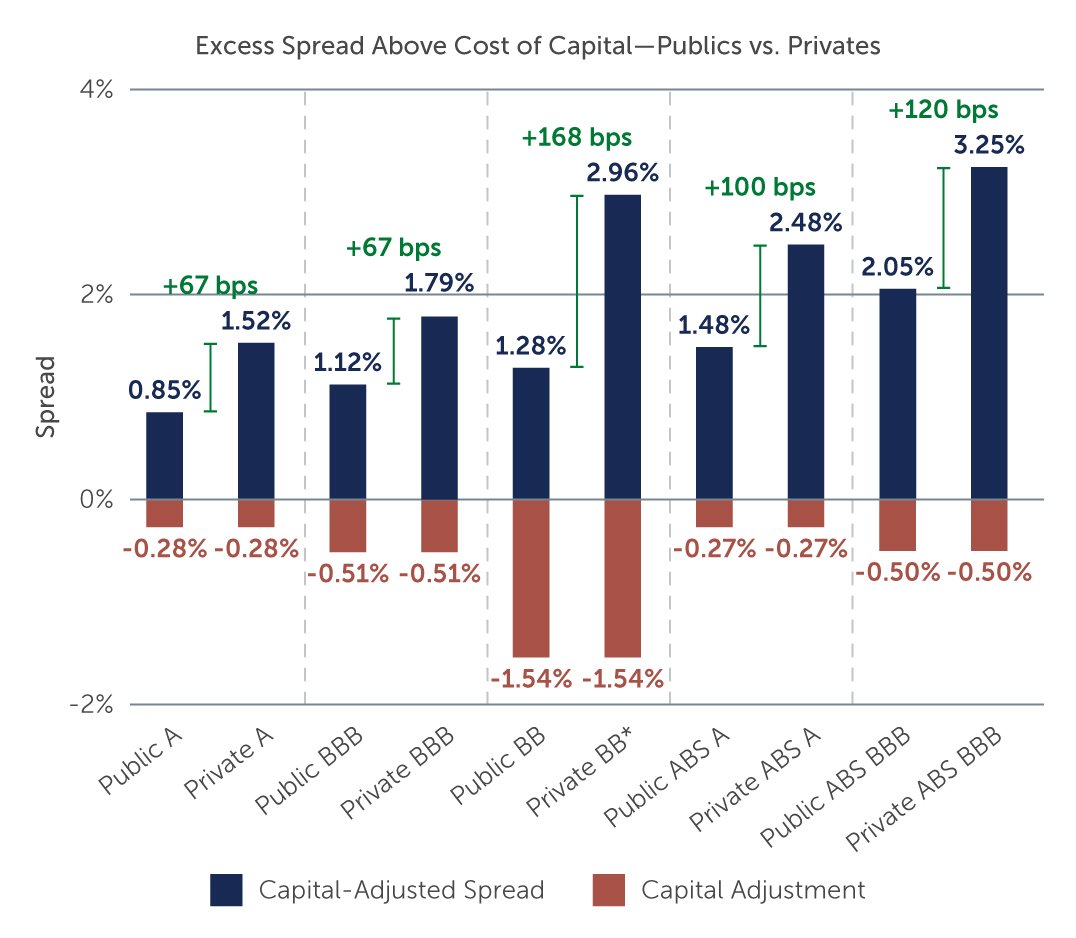 Private Credits Pre Turmoil Weakness A Credit Weekly Perspective
Apr 27, 2025
Private Credits Pre Turmoil Weakness A Credit Weekly Perspective
Apr 27, 2025 -
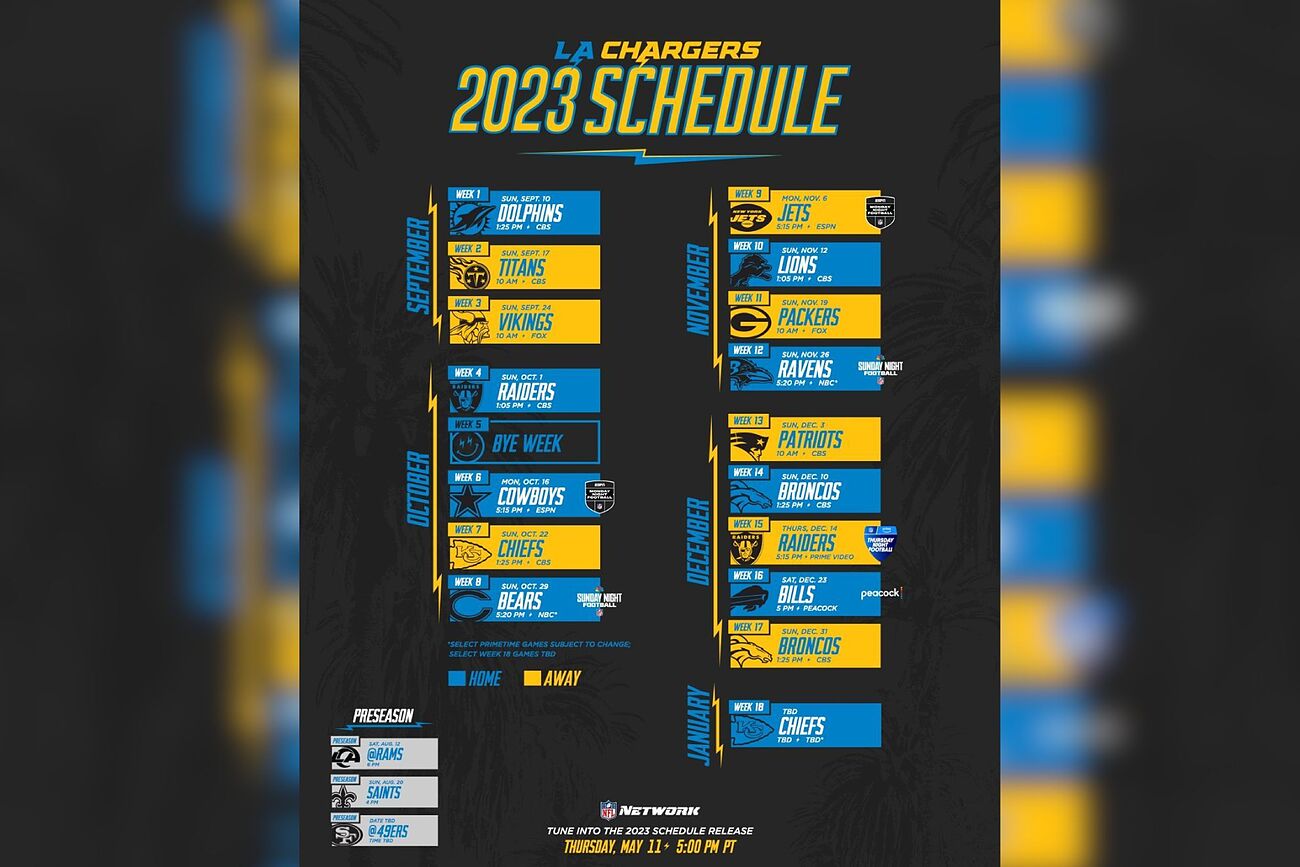 Chargers To Kick Off 2025 Season In Brazil Justin Herberts Role
Apr 27, 2025
Chargers To Kick Off 2025 Season In Brazil Justin Herberts Role
Apr 27, 2025 -
 Dubai Wta 1000 Adios A Paolini Y Pegula
Apr 27, 2025
Dubai Wta 1000 Adios A Paolini Y Pegula
Apr 27, 2025
Latest Posts
-
 Ohio Train Derailment Investigation Into Lingering Toxic Chemicals
Apr 28, 2025
Ohio Train Derailment Investigation Into Lingering Toxic Chemicals
Apr 28, 2025 -
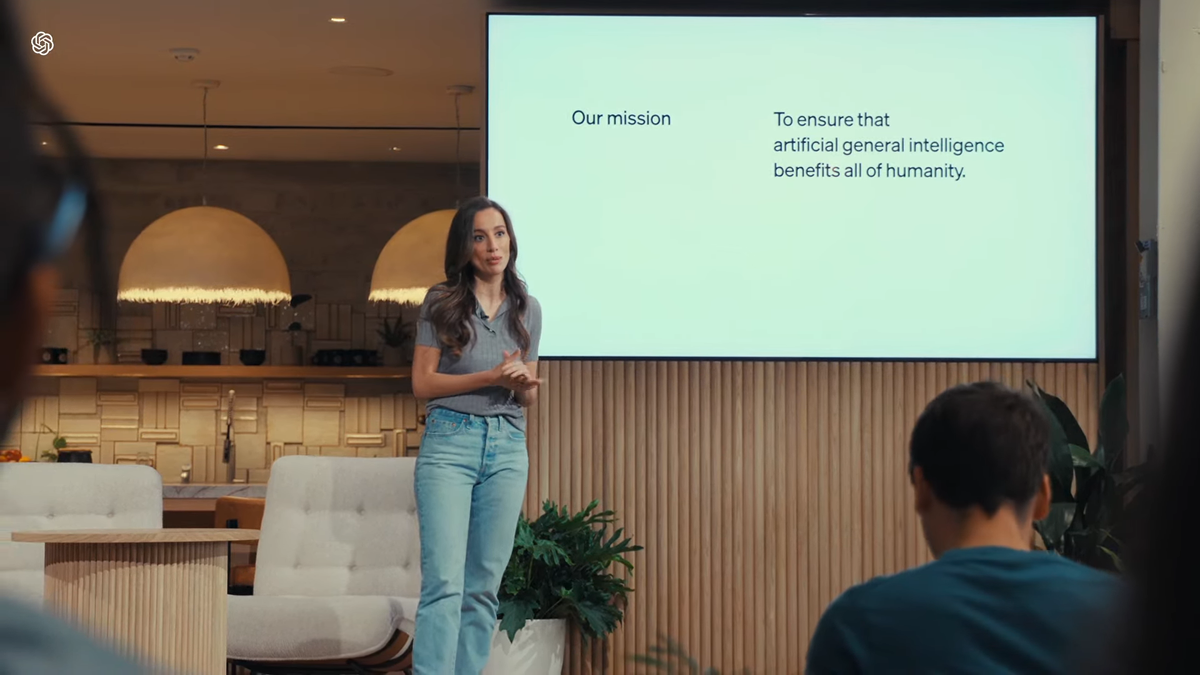 Open Ai Unveils Streamlined Voice Assistant Development At 2024 Event
Apr 28, 2025
Open Ai Unveils Streamlined Voice Assistant Development At 2024 Event
Apr 28, 2025 -
 Build Voice Assistants Easily With Open Ais New Tools
Apr 28, 2025
Build Voice Assistants Easily With Open Ais New Tools
Apr 28, 2025 -
 From Scatological Documents To Engaging Podcast The Power Of Ai
Apr 28, 2025
From Scatological Documents To Engaging Podcast The Power Of Ai
Apr 28, 2025 -
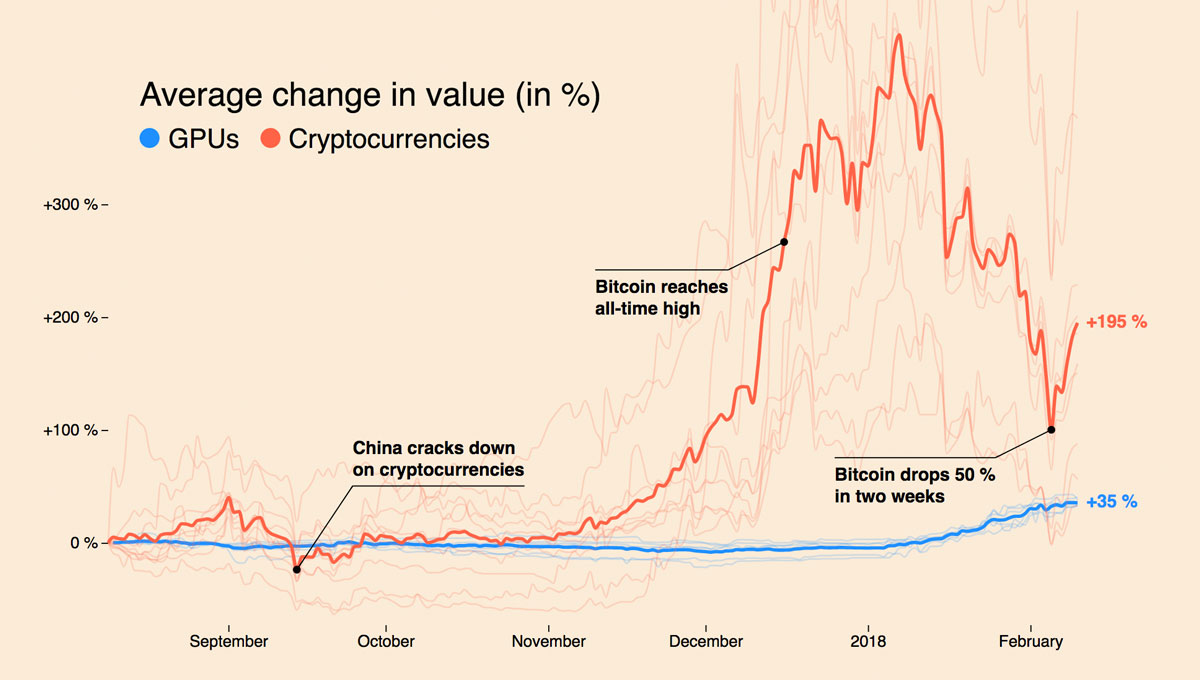 Are High Gpu Prices Here To Stay
Apr 28, 2025
Are High Gpu Prices Here To Stay
Apr 28, 2025
